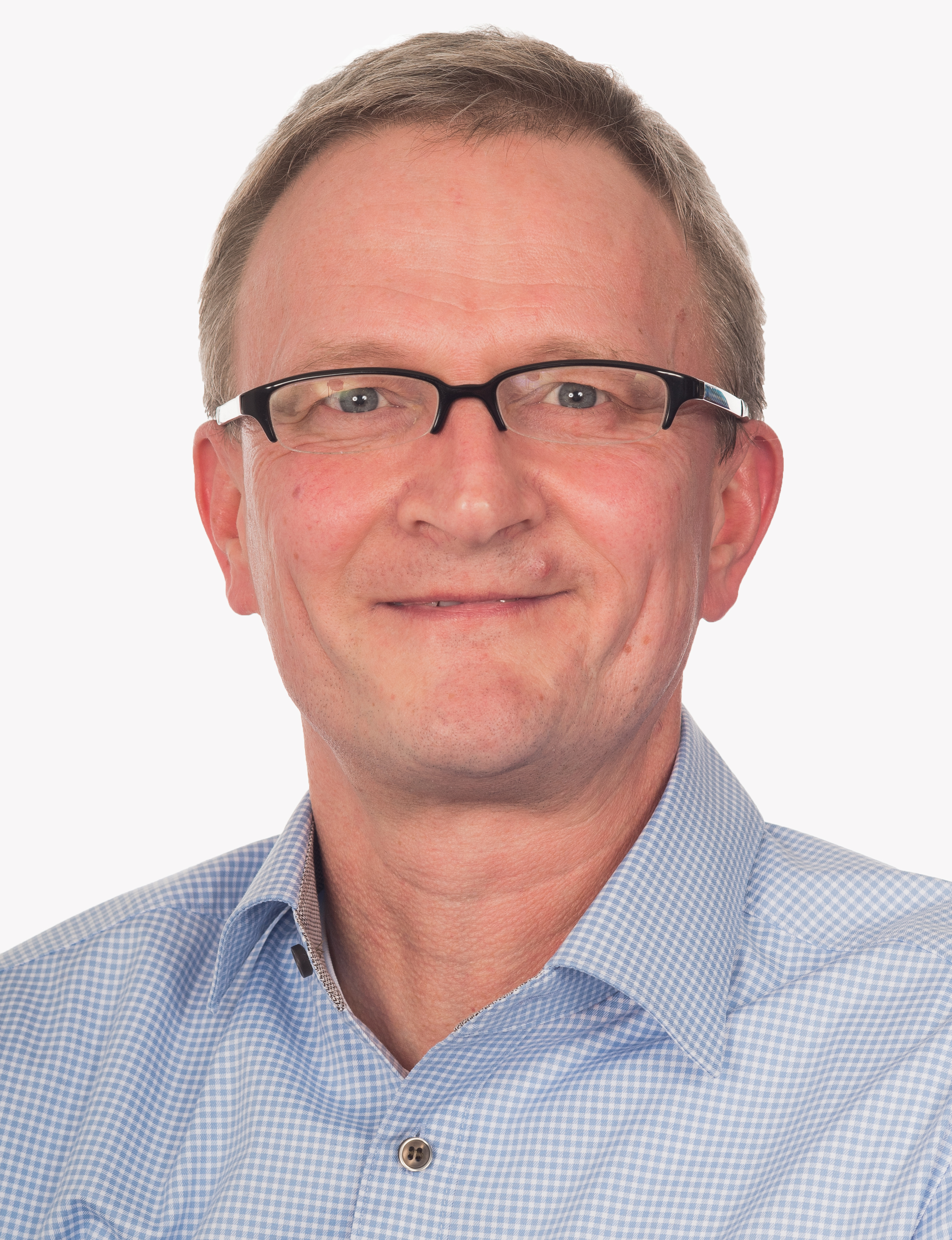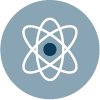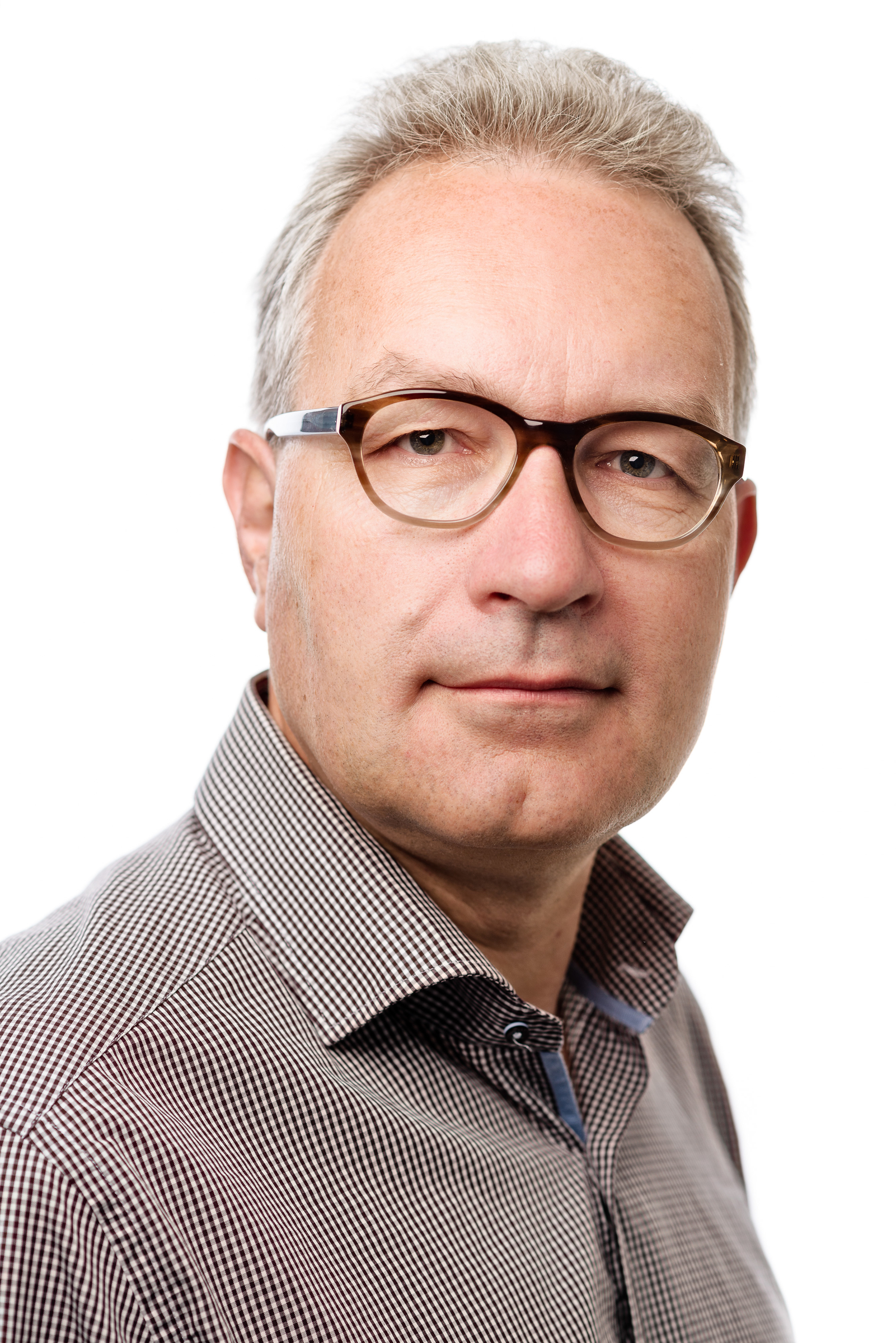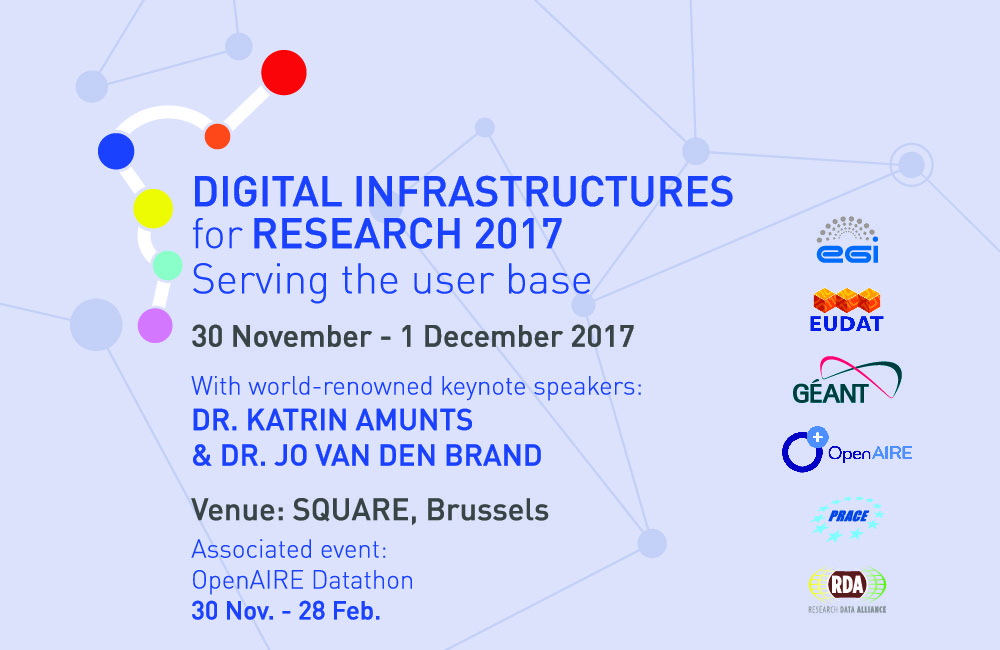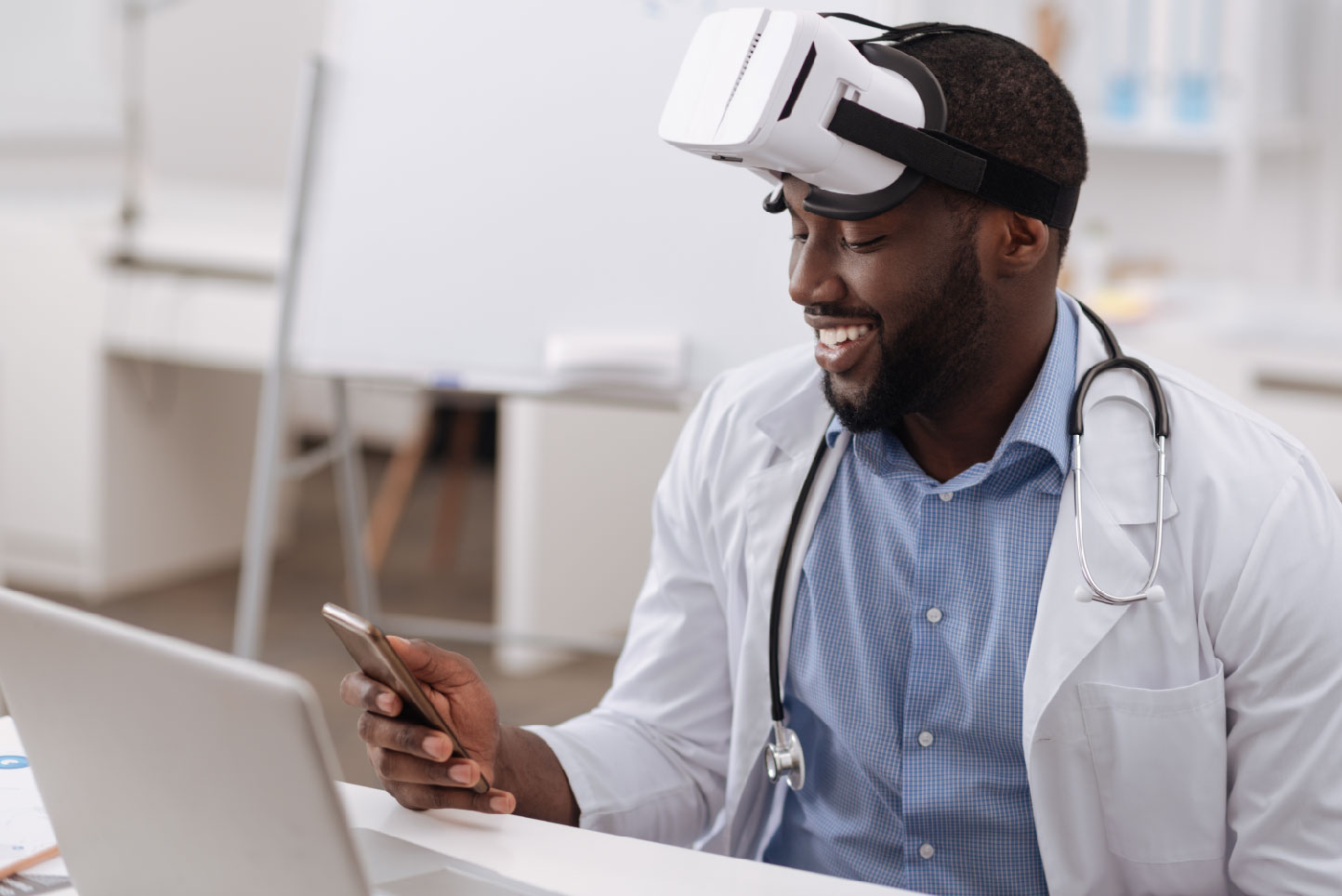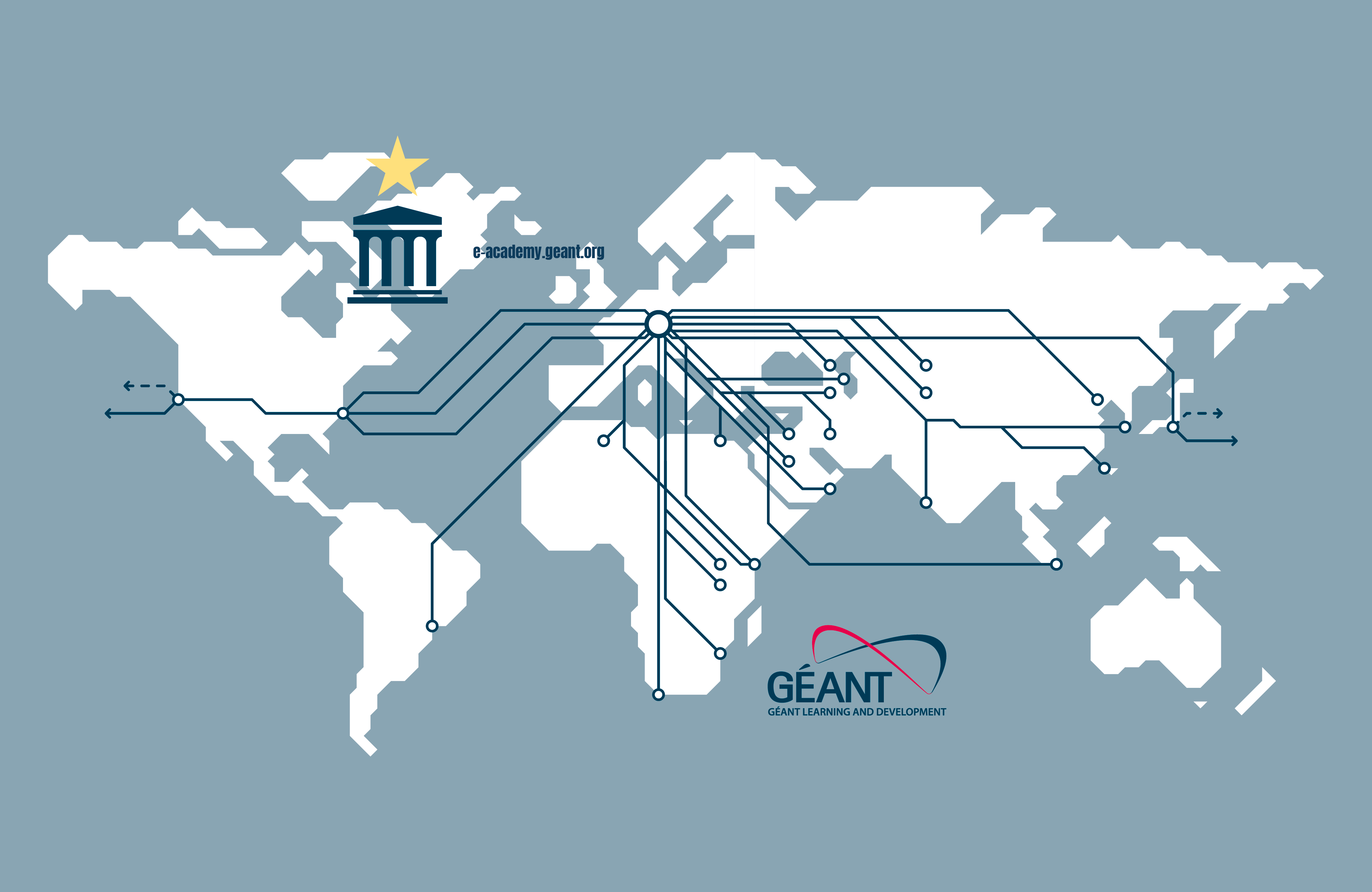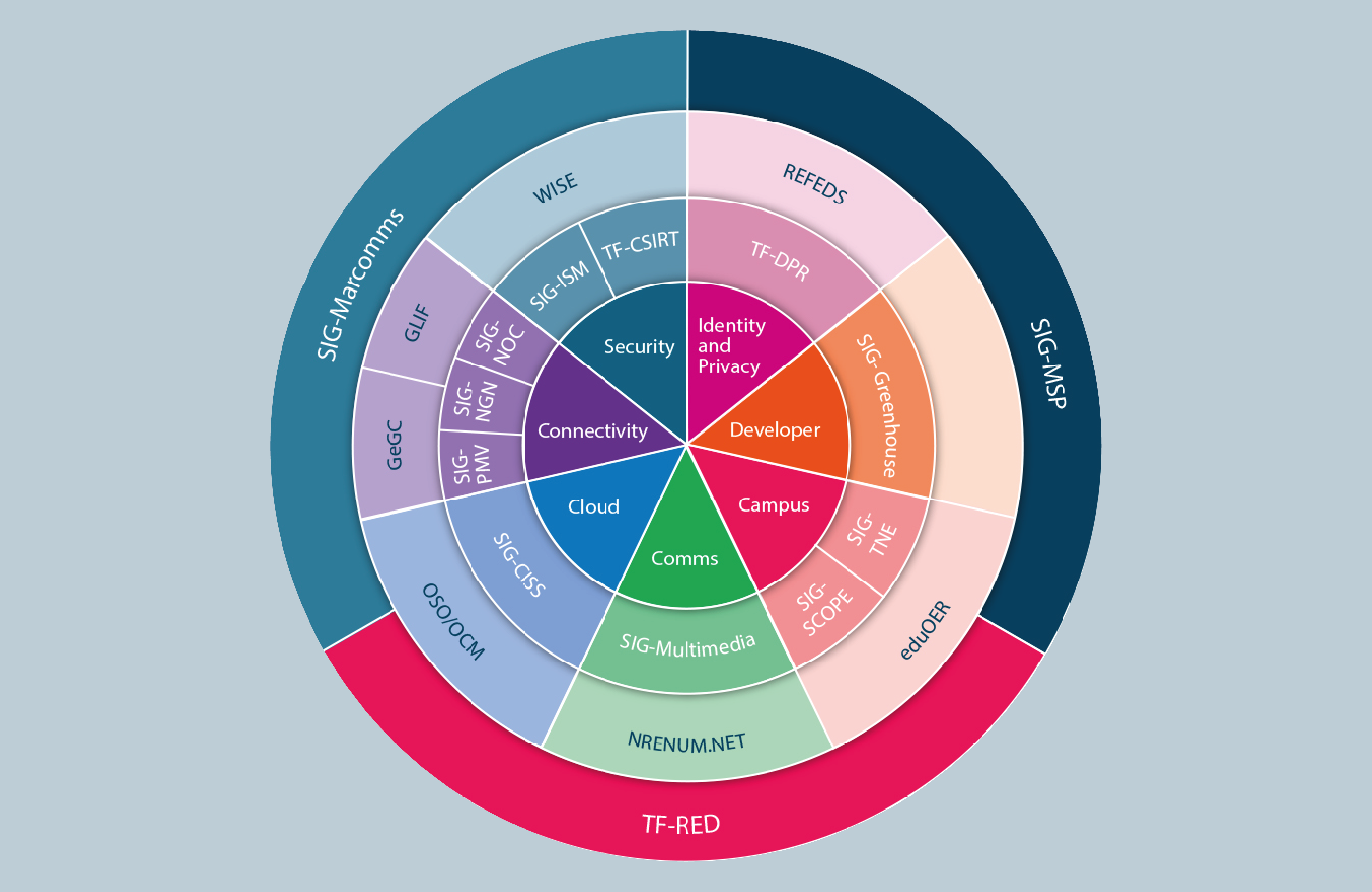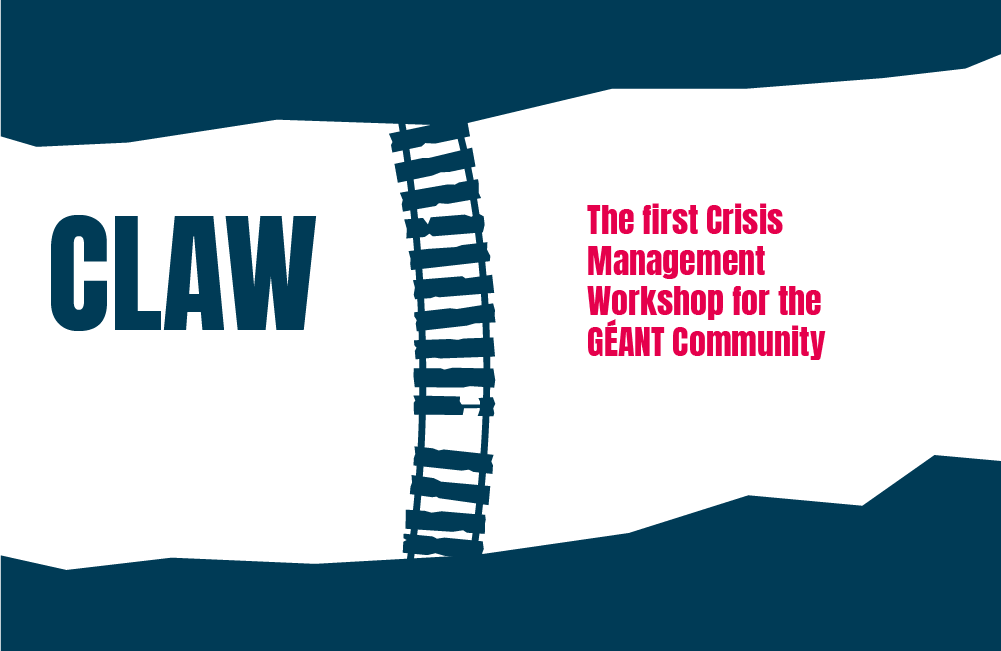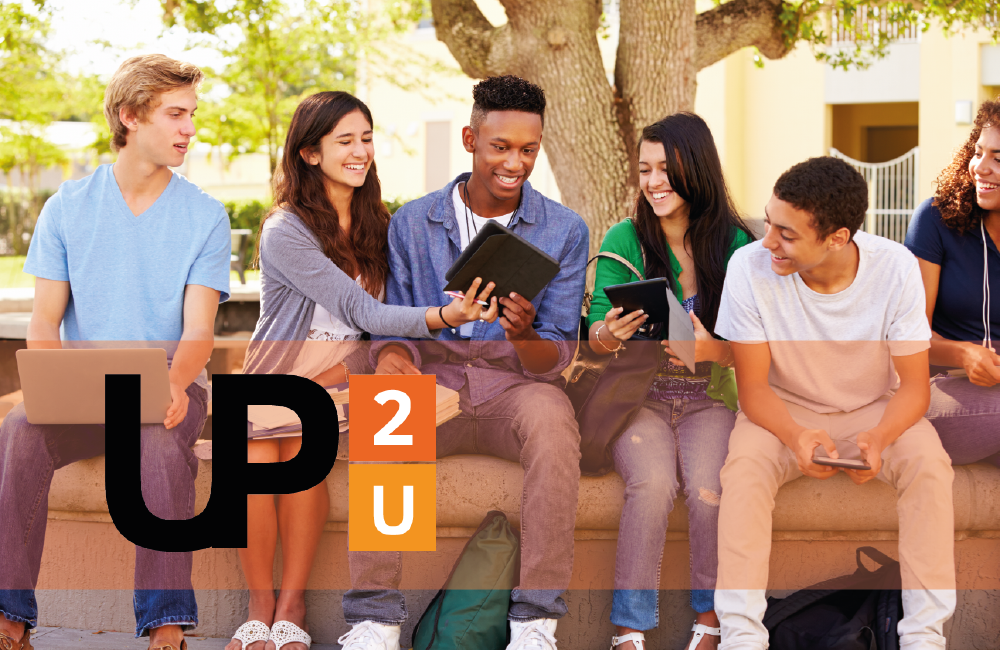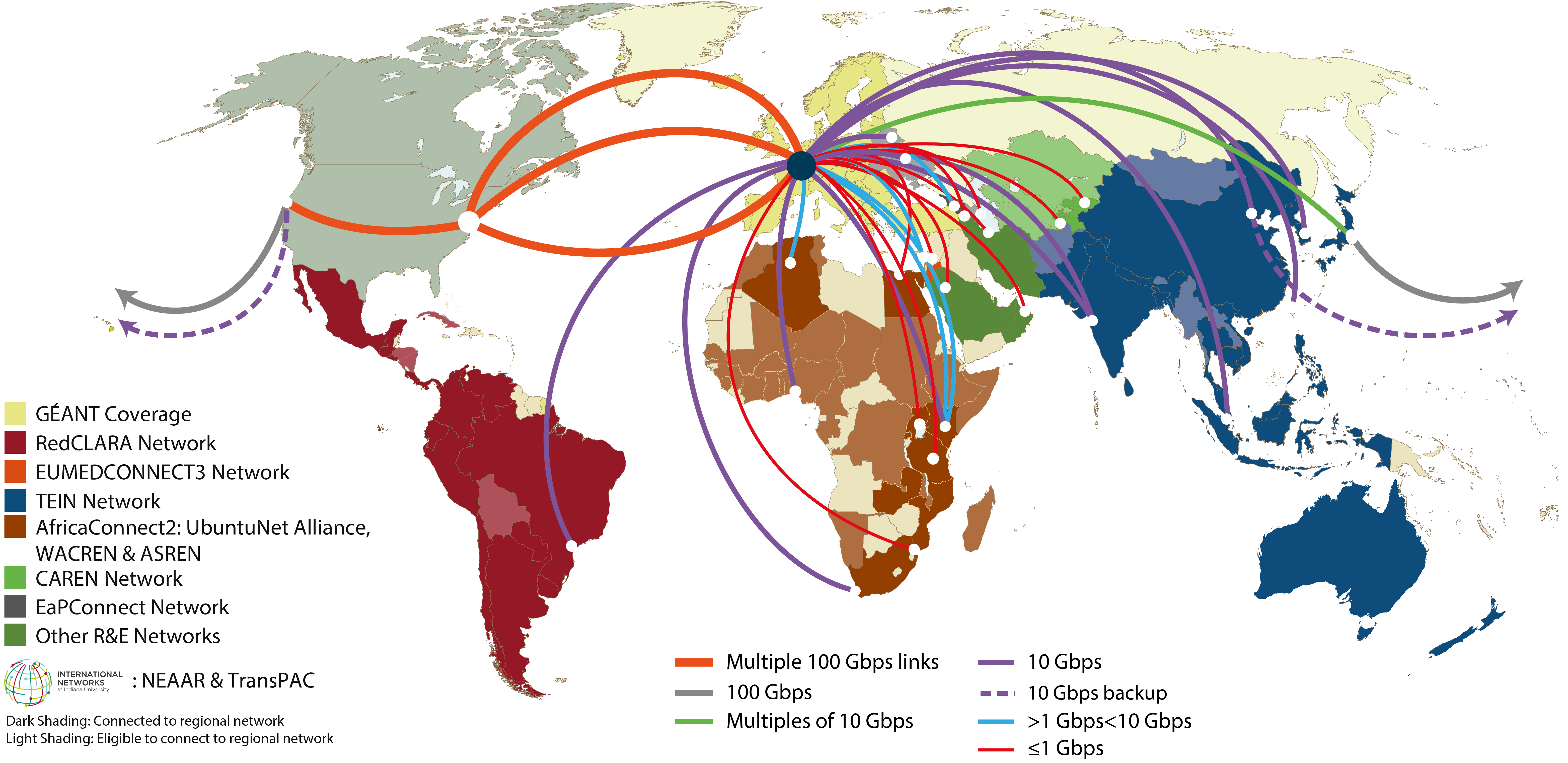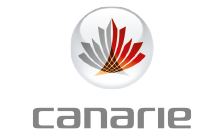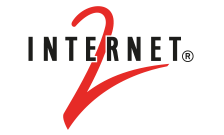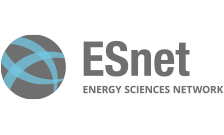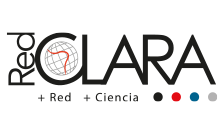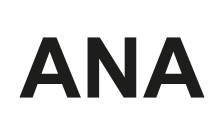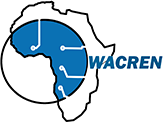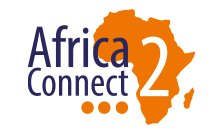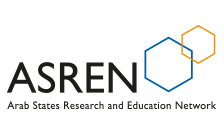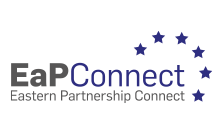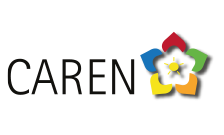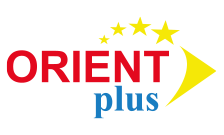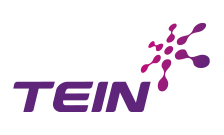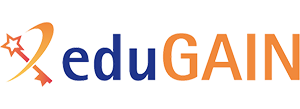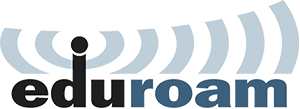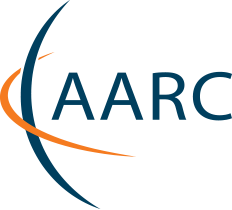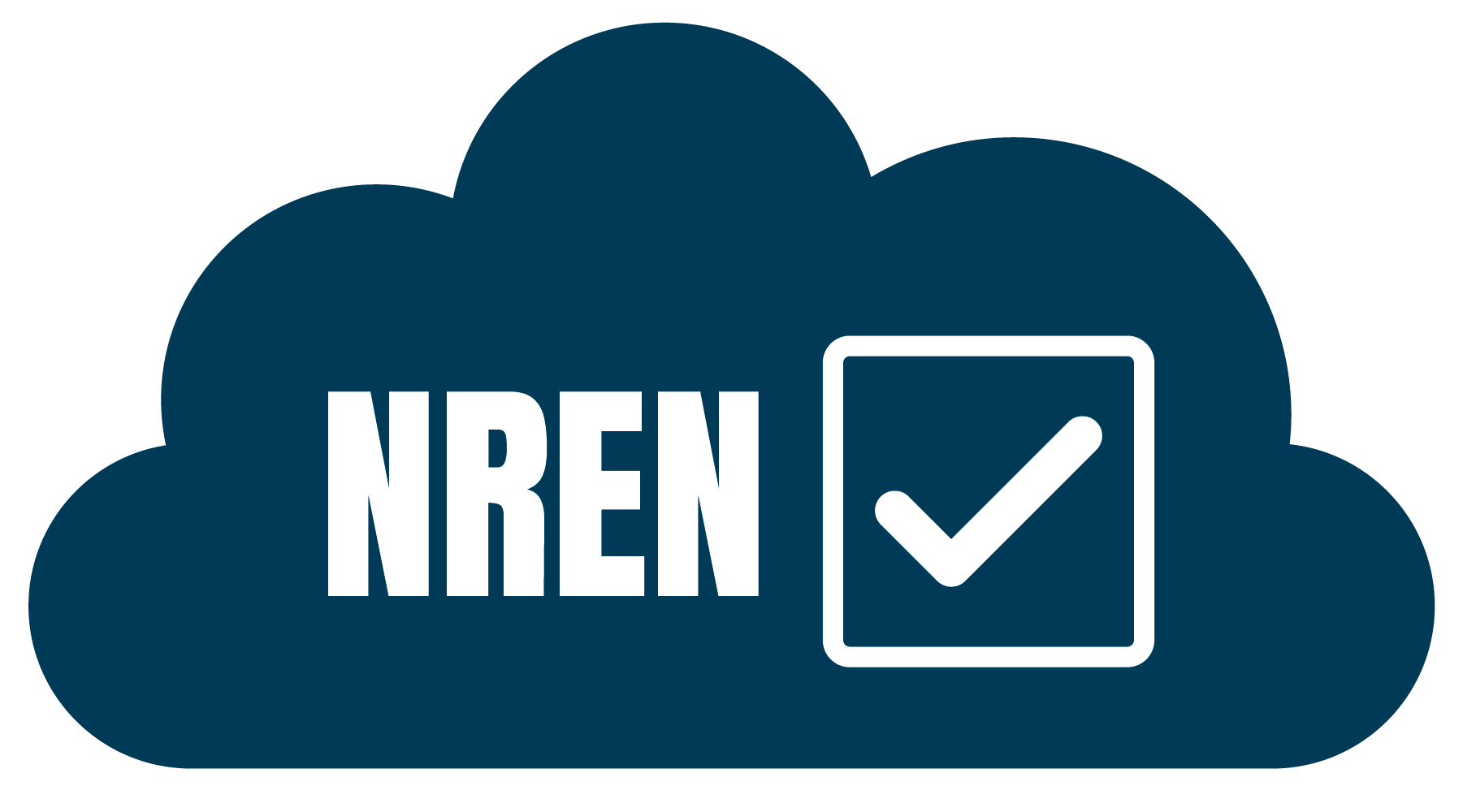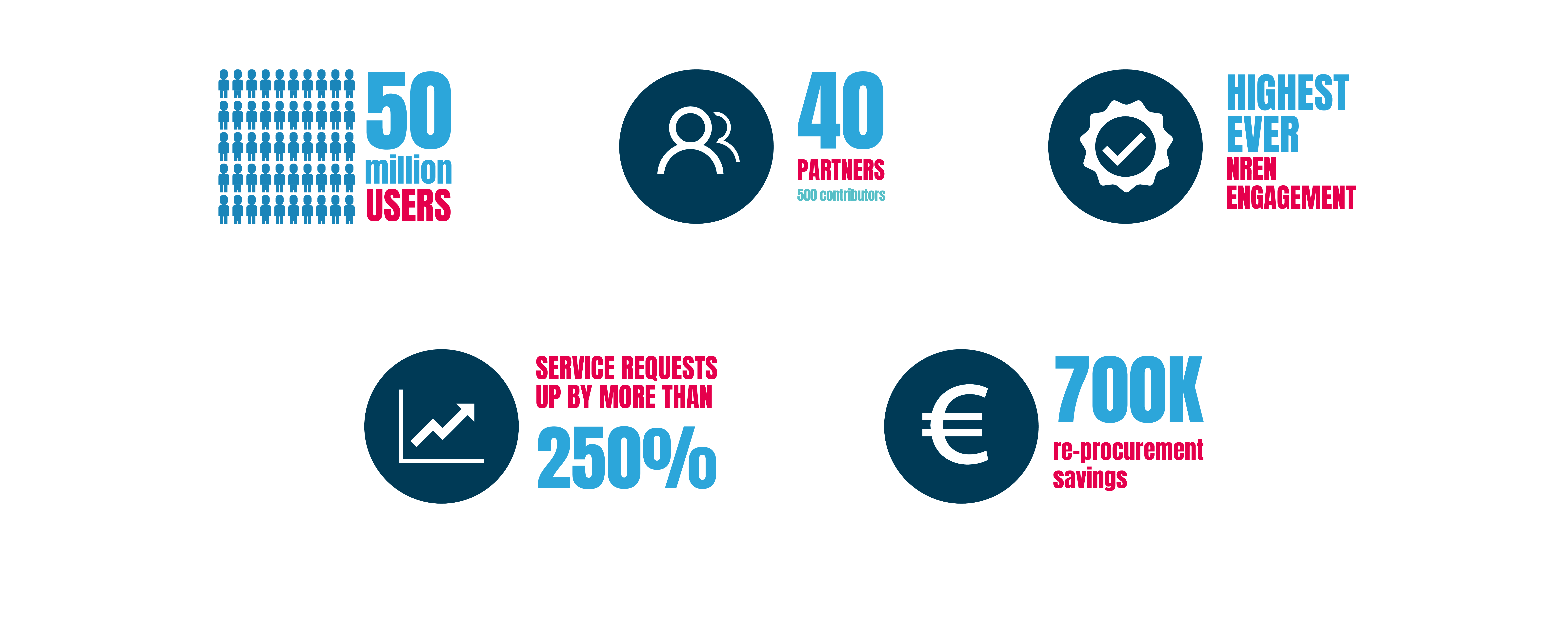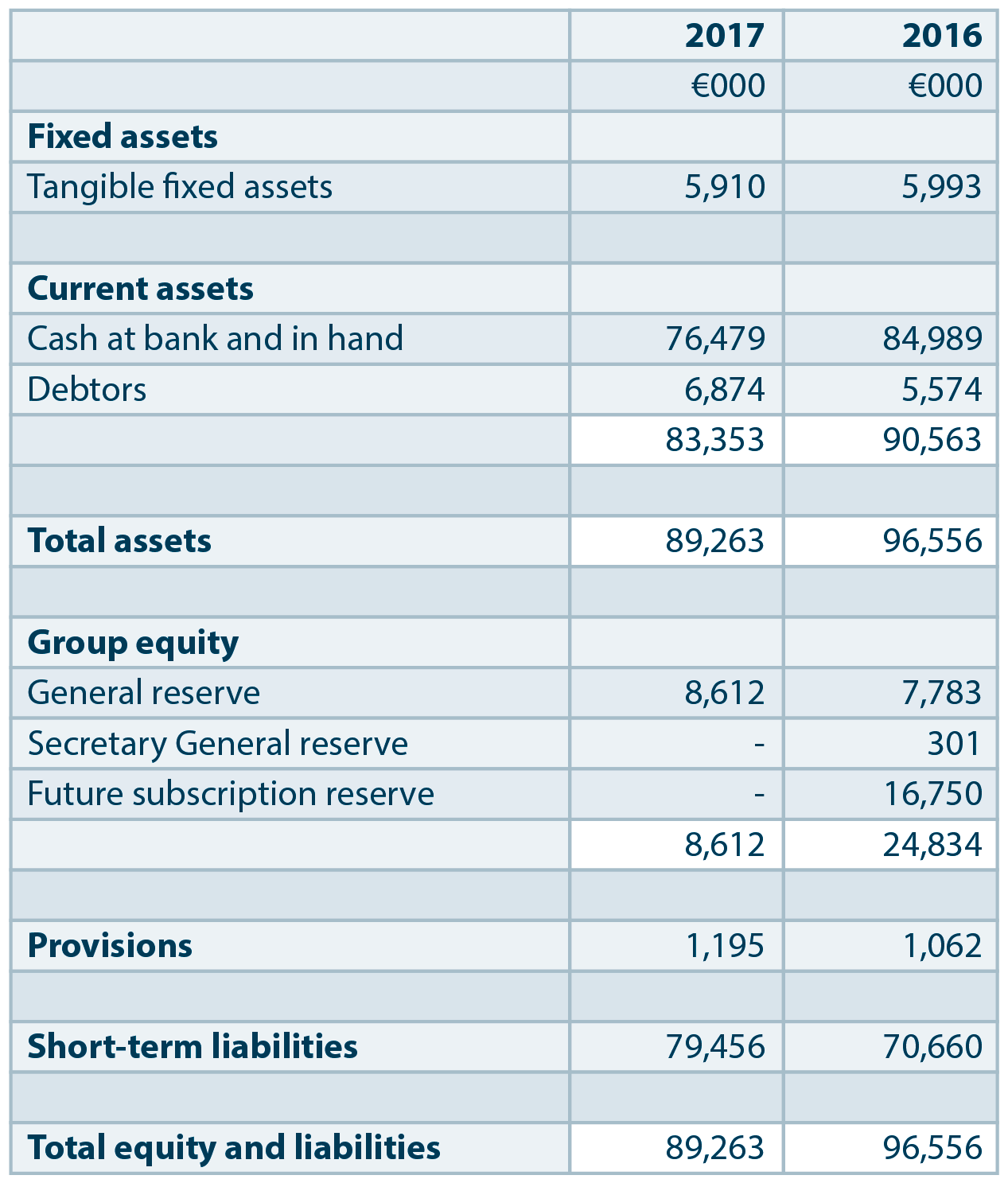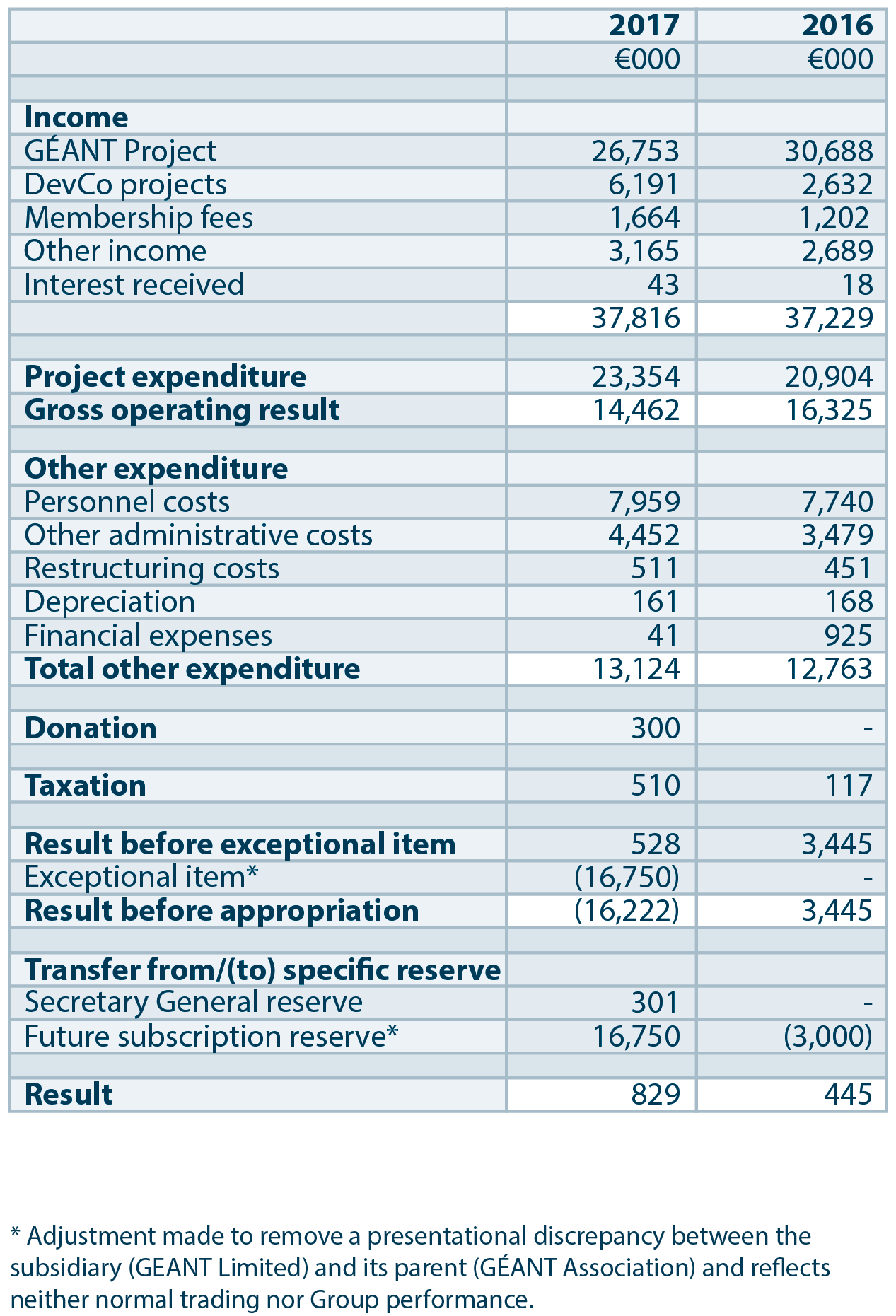The GÉANT community´s spirit born out of the diverse cultures and languages of the European NRENs, a shared love of technology, a commitment to user-driven solutions and, first and foremost, a mature governance structure and environment allowing for discussion, debate and agreement, continues to make GÉANT one of the strongest and most successful pan-European collaborations at the heart of global Research & Education networking.
GÉANT shares with the EU the objective of ensuring that European innovation and the commercialisation of digital technologies keeps Europe competitive and relevant. Throughout 2017, we significantly contributed to the policy dialogue on the establishment of the European Open Science Cloud and the European Data Infrastructure for High Performance Computing and engaged with EU funded projects leading towards these new programmes. We are committed and continue to work closely with European and global e-infrastructures aiming at strengthening the collective user experience for researchers, educators and students in Europe and across the globe.
2017 saw significant changes in GÉANT´s organisational structure, leadership and governance bodies. In their General Assembly in March, all members unanimously agreed that it is in GÉANT’s best interest to initiate a process of restructuring with the aim of the final legal merger of GÉANT Ltd and GÉANT Association. A process that started immediately and will reach conclusion on 31 March 2018.

